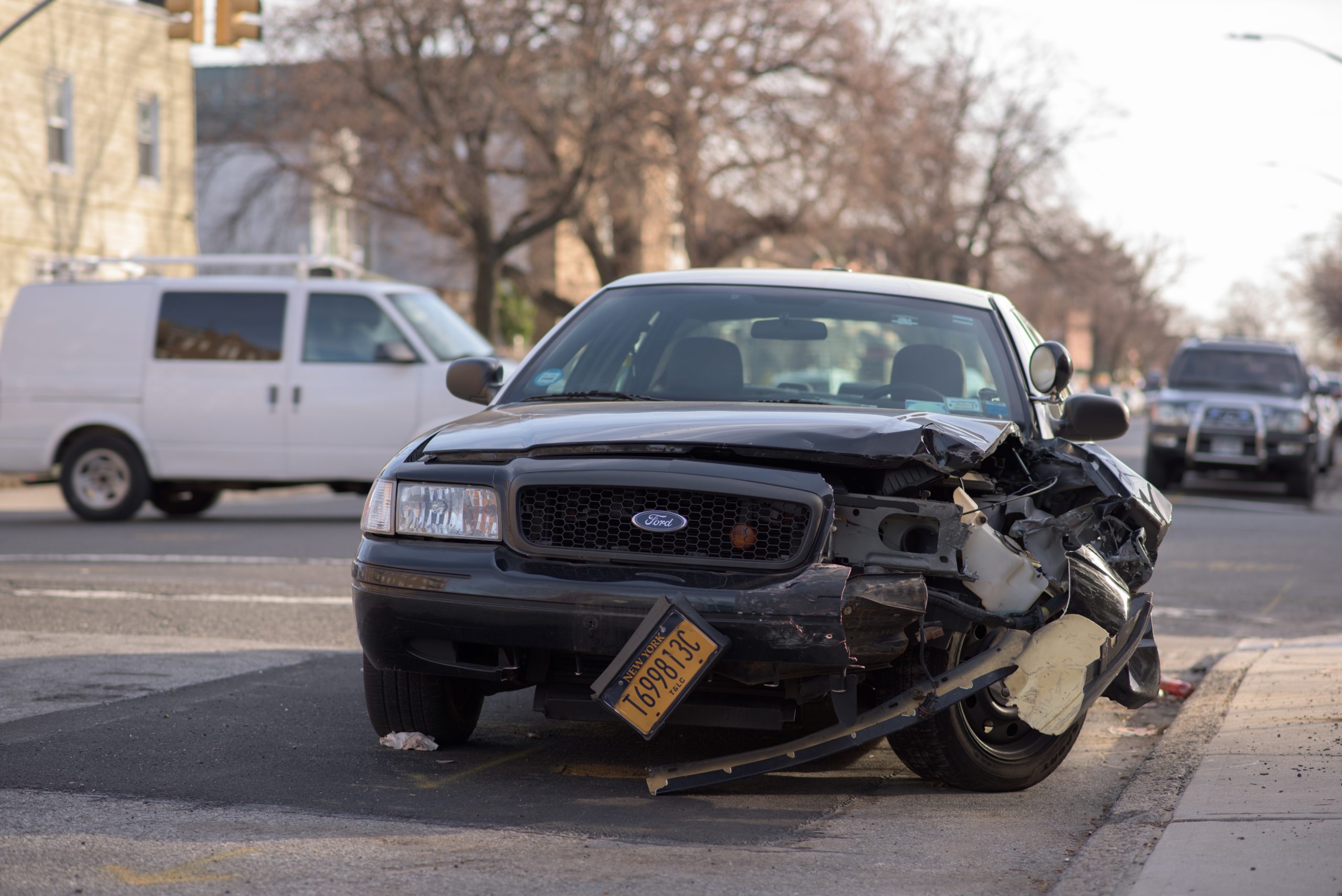
Free Consultation(203) 447-0000

Free Consultation(203) 447-0000

When you’ve been in a car accident, truck accident, trip and/or slip and fall accident, or any other accident, you might think you were a little bit at fault. Maybe you didn’t see a patch of black ice before you slipped, or you didn’t react quickly when someone cut you off. While the accident was mainly someone else’s fault, you are a little to blame as well.
You might be wondering: “Can I still sue?” The answer: it depends. This question raises a legal issue that comes up in many negligence claims – it’s called “comparative negligence” (in some states called “contributory negligence”). Comparative negligence is a legal doctrine that limits a claimant’s full recovery when they are partially at fault for their accident.
For instance, let’s say you trip and fall in a big-box store because there was a loose tile on the floor, but you were also looking at your phone while you were walking. A jury might find the store to be 50% at fault for not fixing the loose tile in the floor, but it also finds you to be 50% at fault for not paying attention. Depending on which state you live in, the amount of your damages might be reduced, or you might be totally barred from recovering anything. In states like Alabama, Virginia, and North Carolina, a claimant is completely barred from recovery if they are even 1% at fault.
Fortunately, Connecticut has not adopted this harsh rule. In Connecticut, so long as you are 50% at fault or less, your damages get reduced. This is called the “modified comparative negligence” rule. Here is how it works. In the above example, if a jury awarded you $100,000 in damages, but found you 50% at fault, you would recover only $50,000. Your overall damages are reduced by the percentage of your negligence. But if the jury found you 51% at fault, you would recover nothing.
One reason behind the comparative fault rule is to punish the claimant for their negligent behavior by not allowing a full recovery. Another reason is to lessen the financial impact on the defendant when the accident is not 100% their fault. Fair or not, comparative negligence is the law in Connecticut. And it’s here to stay.
The bottom line is this. If you have been injured in an accident, and you think you might be slightly at fault, do not abandon your claim. Speak to an experienced lawyer to find out if you still have a case based on the comparative negligence doctrine.
Berkowitz Hanna
